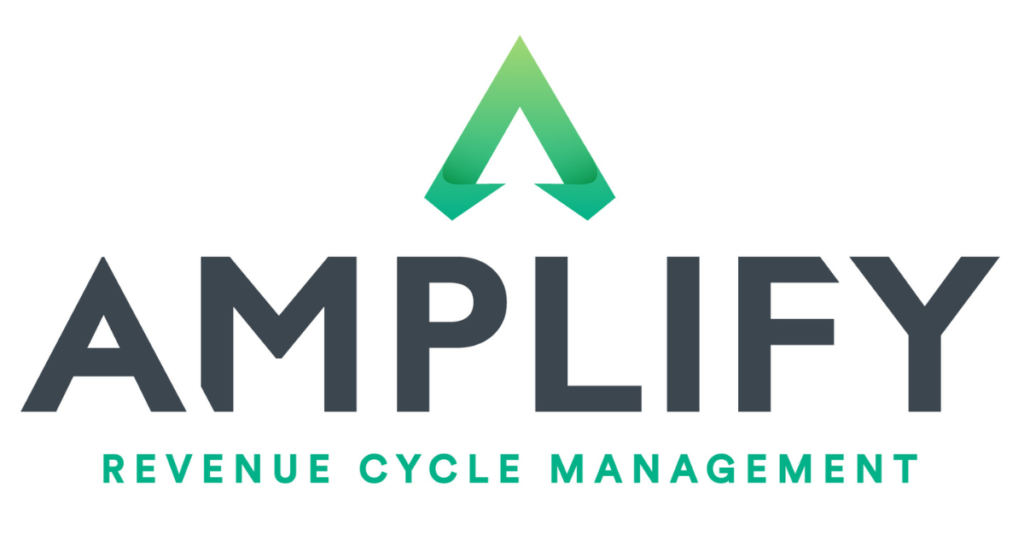Undoubtedly, the COVID-19 pandemic has made it more difficult to manage a successful independent, community hospital. Operating margins have been lower while supply disruptions, labor shortages and expenses have increased. Maximizing reimbursement is critical to achieving financial health and sustainability.
As I often say, many hospitals are leaving collections on the table. In other words, they are experiencing lower than expected payer yields – defined as cash collected vs. net expected reimbursement.
Increasing payer yield starts with determining what a hospital actually collects from managed care companies and government payers. We have created a systematic Managed Care Assessment process to perform a complete validation of a hospital’s contract performance.
As a part of the assessment, we use the hospital’s claims data to analyze the true yield of the organization’s payer contracts. This kind of robust assessment allows us to evaluate a hospital’s current payer environment, determine opportunities for payer improvement, and identify strategy and recommendations for future contract negotiations.
Then we compare actual collections to the contracted amount for each payer to determine the payer yield. The chart below is a fictional example.
The analysis shows the hospital bills more than $31 million but true collections are about $14 million, a yield of 45.1 percent. Typically, we perform further analysis to determine the payer yield by service type as well as patient type. We also analyze shoppable services as well as market and payer parity.
Understanding collections and validating the payments sets the stage for what needs to be negotiated with payers.
Amplify Revenue Cycle Management Client Success Story: Improving Payer Yield
This is precisely what Amplify did on behalf of a small hospital in the Southwest. The hospital was facing significant financial challenges that threatened the ongoing viability of the organization.
The analysis of the hospital’s health plan contracts revealed the commercial contract yield was less than 15 percent; for every dollar in net expected reimbursement from the contract, the hospital collected 15 cents. The Medicare Advantage yield was less than 20 percent.
Amplify’s experts met with every payer to review current contract performance. As the direct result of Amplify’s focus on improving the performance of current contracts, payer yield jumped. See chart below.
Better contract performance improved the commercial yield from 15 to 65 percent and the Medicare Advantage yield from 20 to 54 percent. The hospital realized nearly $4 million in revenues due to improved contract performance. Amplify also educated and trained the hospital’s staff to identify and remedy areas where payer contracts were being administered inappropriately.
In the words of the hospital’s CEO,
“Without Amplify’s expertise in managed care contracting and payer relationships, I fear our hospital would have been forced to close its doors. The $4 million in additional revenue was critical to our financial turnaround.”
The Eight Functions of a Thorough Managed Care Assessment
A thorough Managed Care Assessment is a holistic tool that can be used to:
- Determine if the payer agreements are performing according to contract terms.
- Pinpoint specific payer or service needs for each negotiation.
- Identify and resolve managed care issues that pose future financial risk(s), e.g., emergency department level down-coding or transition of inpatient services to observation or outpatient services.
- Model complex payment methodologies to determine payment scenarios best suited for the hospital.
- Provide an annual strategy and timeline for payer negotiations.
- Address contract provisions that cannot be administered without undue cost and complexity.
- Hone a strategic approach to maintain strong payer performance and improve reimbursement at the service line.
- Identify payer parity and openness to market shifts.





